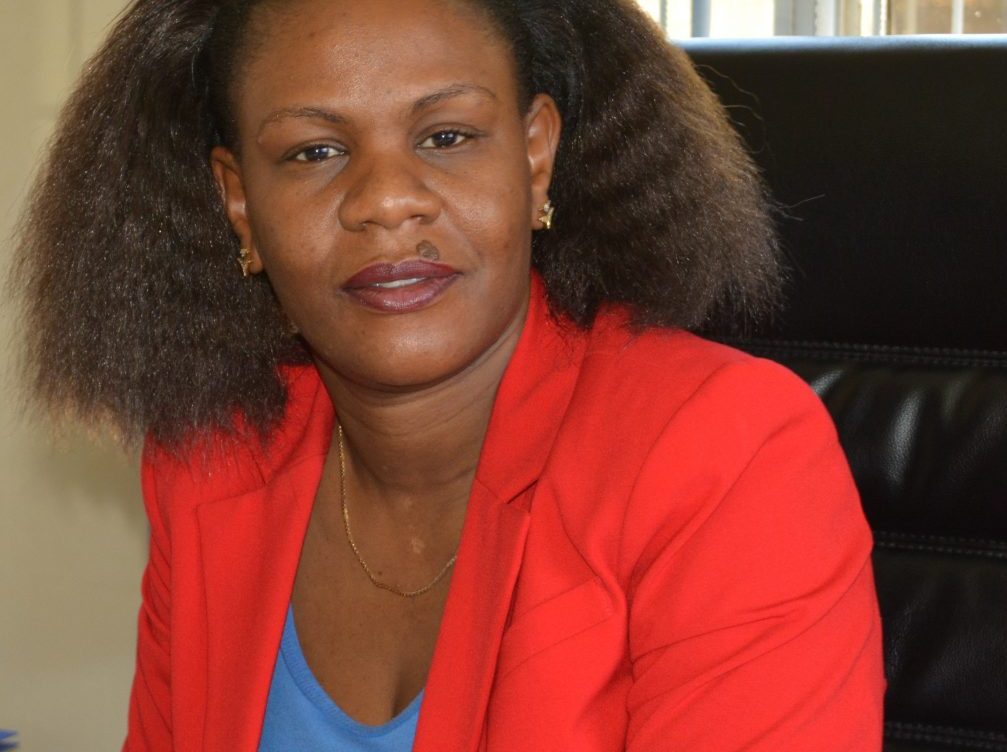
Creating Spaces, Media Platforms for Children to Participate in Governance
By Lilian Saka-Kiefer
Zambia is a signatory to the UN Convention on the Rights of the Child (UNCRC) and the African Charter on the Rights and Welfare of the Child (ACRWC) among other protocols. The country also has child-responsive policies and laws.
From the many international conventions on children that Zambia has signed, and the many child responsive laws in the country’s statute books, one would be tempted to conclude that children in Zambia enjoy their rights and are very active in the country’s governance. But that is not the case. Children in Zambia remain highly marginalized. They suffer adverse violation of their rights. State efforts to deliver on basic people’s rights in most cases marginalize children as they do not have a voice in governance processes.
Good governance is a requirement for the realization of basic human rights as it creates a well-functioning public sector that respects the principles of transparency, accountability, participation and ownership. These principles are a pre-requisite for the realization of the economic, social and cultural rights as well as civil and political rights of the citizens. The realization of children’s rights to education, health and protection is integral to economic, social and cultural rights, thereby dependent on an effective governance system that ensures equal participation and ownership in governance processes by children themselves. However, since children are highly marginalized in governance processes and lack platforms for participation, their needs and concerns are mostly not heard and not prioritized, and therefore not protected. This renders children more vulnerable and disadvantaged as they are unable to defend themselves against violations of their rights and or demand for the fulfillment of their rights by their parents, community and government.
This marginalization is worsened by lack of mechanisms for child participation in the existing structures of governance. This weakens the ability for children to demand for better delivery of social services on which their rights to health, education and protection depend.
The evident lack of a strong child rights advocacy voice by various stakeholders further takes away the possibility of the protection of children’s rights. It is therefore critical that deliberate efforts are made to create opportunities for children to effectively participate in governance processes at district, provincial and national levels, and to mobilise strong child rights advocacy by various stakeholders – socio-political and civil societies alike, at all these levels to champion the protection and advancement of children’s rights.
With support from Save the Children Zambia, Panos Institute Southern Africa (PSAf) is working to address lack of effective participation of children in governance processes. This is motivated by the need for spaces where children can effectively participate in child rights governance issues and in decision making processes that affect them.
The media is one of the effective platforms for child participation. To tap into this, the intervention will also address lack of skills and capacity among children to participate in governance process, and take advantage of existing platforms such as media and other structures of governance. PSAf uses an approach that creates spaces in the mainstream media for children’s voices to be profiled. The PSAf approach also enables children to participate in governance structures like local councils, and then profiling children’s suggestions and recommendation through media platforms.
To ensure a favourable environment for this motivation, PSAf is also working to strengthen socio-political and civil society stakeholders’ advocacy for child rights protection. Political stakeholders such as Members of Parliament, ward councilors, traditional leaders and others alike have little or no voice in championing children’s rights. Socio-cultural stakeholders such as religious leaders and other community-based opinion leaders, as well as civil society leaders equally demonstrate low interest and low participation in championing children’s rights.
This initiative champions national level and district level advocacy for protection and promotion of children’s right to quality health, education and protection through various innovative child friendly platforms. The intended outcome is meaningful participation of children in governance process through media platforms as well as other child-led initiatives where children will demand their rights. PSAf hopes that effective children participation in child rights governance processes at district, provincial and national levels supported by a strong stakeholder dialogue and advocacy for effective child rights policy/programming implementation in Zambia will lead to a better achievement and respect of child rights.
The author is PSAf Executive Director. For feedback, email: lilian@panos.org.zm.